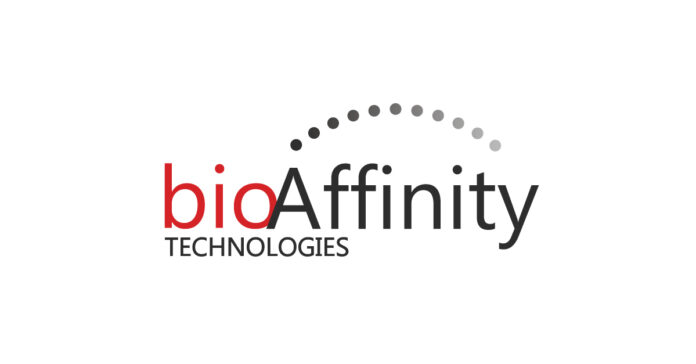SAN ANTONIO— bioAffinity Technologies, Inc. (Nasdaq: BIAF; BIAFW) announced significant process enhancements to its CyPath® Lung test that are expected to improve lab efficiency and reduce costs while maintaining the test’s performance in detecting early-stage lung cancer.
The company said the latest upgrades will reduce the time required to acquire sample data by nearly 50% and lower the cost of sample processing by about 60%. The improvements streamline laboratory workflows, cut reagent use, and decrease supply costs without altering the core test methodology, patient sample collection, or data analysis protocols.
“These enhancements are the result of a year-long operational analysis focused on improving CyPath® Lung without compromising its high performance or altering the validated clinical test,” said Maria Zannes, president and CEO of bioAffinity Technologies.
The improvements are projected to increase overall throughput by more than 10% and reduce the unit cost of the test by more than 25%.
CyPath® Lung is a noninvasive diagnostic that uses flow cytometry and artificial intelligence to detect cancer-related cell populations in sputum samples. Clinical trials have demonstrated the test’s accuracy in identifying lung cancer in high-risk patients with small nodules, showing 92% sensitivity, 87% specificity, and 88% overall accuracy.
Zannes emphasized that optimization efforts are part of a broader strategy to refine the company’s product offering, expand market reach, and demonstrate the test’s economic value to both patients and the healthcare system.
A recent study conducted by pulmonologists Dr. Michael Morris and Dr. Sheila Habib highlighted the potential cost savings of integrating CyPath® Lung into standard diagnostic protocols. According to the report, Medicare could have saved an average of $2,773 per patient—or a total of $379 million—in 2022. For privately insured patients, savings could have reached $6,460 per individual, totaling approximately $895 million nationwide.
The study, titled “Economic Evaluation of a Novel Lung Cancer Diagnostic in a Population of Patients with a Positive Low-Dose Computed Tomography Result,” credited the savings to reduced need for follow-up tests, fewer invasive procedures, and fewer associated complications.
“This research reinforces the broader economic and clinical value of CyPath® Lung within the healthcare landscape,” Zannes said.


